Talk Overview
Astrocytes have diverse roles in the Central Nervous System (CNS), such as providing nutrients to neurons and maintaining the extracellular ion balance. Neurodegeneration and acute brain injuries generate an abnormal increase in the number of astrocytes, also known as reactive astrocytes. Dr. Ben Barres categorizes two types of reactive astrocytes, A1 and A2, and describes how they affect the fate of neurons after brain injuries. Data from his laboratory shows that A2 cells are induced after ischemia (low oxygen), and seem to release factors that could help neuron survival. On the other hand, A1 cells are induced by the immune defense cells, the microglia, and they stimulate neuronal death.
II. Women in Science
Dr. Barres has been a strong advocate for women in science and women rights. In this talk, Barres discusses the challenges that women face while taking the traditional academic path. He frames his dialog with examples that illustrate the prevalent sexual harassment that women encounter in their scientific careers, and how the tenure process disadvantages women.
Speaker Bio
Ben Barres
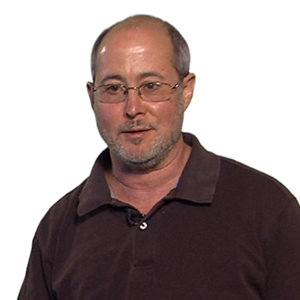
Dr. Ben Barres is a professor at the Neuroscience department at Stanford School of Medicine. Barres earned his BA in biology from MIT, and completed a medical degree at Dartmouth Medical School. He continued his medical training as a neuroscience resident at Cornell University, completed his PhD in Neuroscience at Harvard Medical School, and joined… Continue Reading
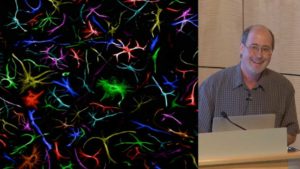
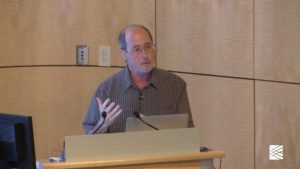
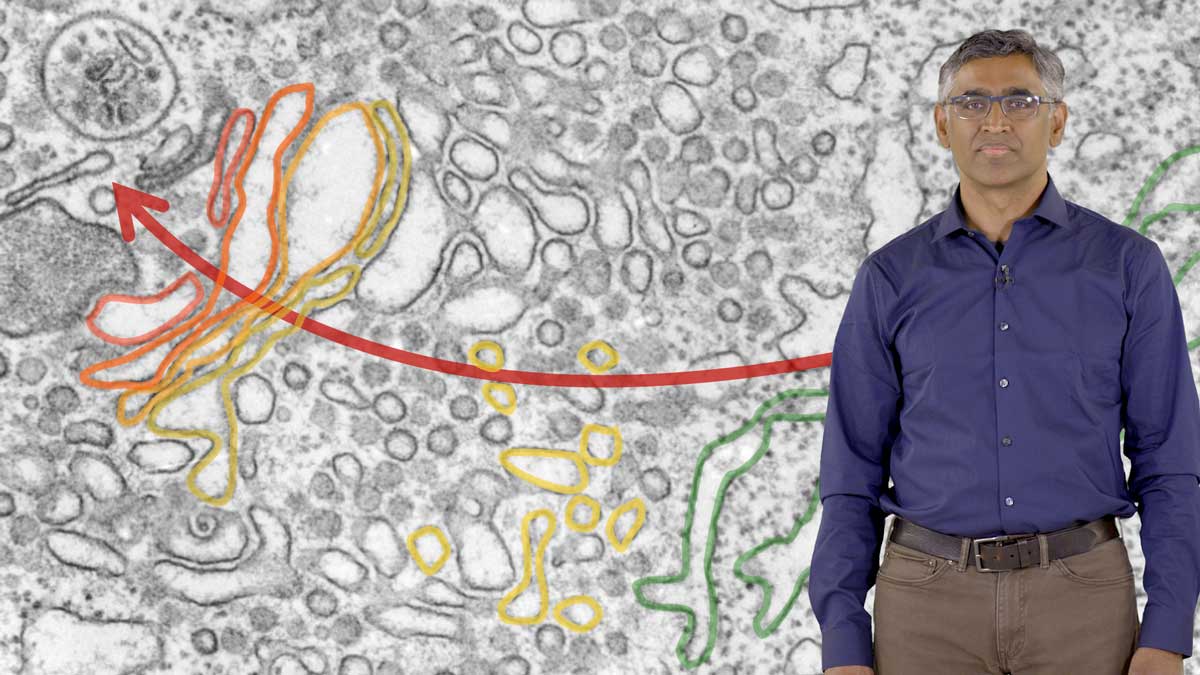
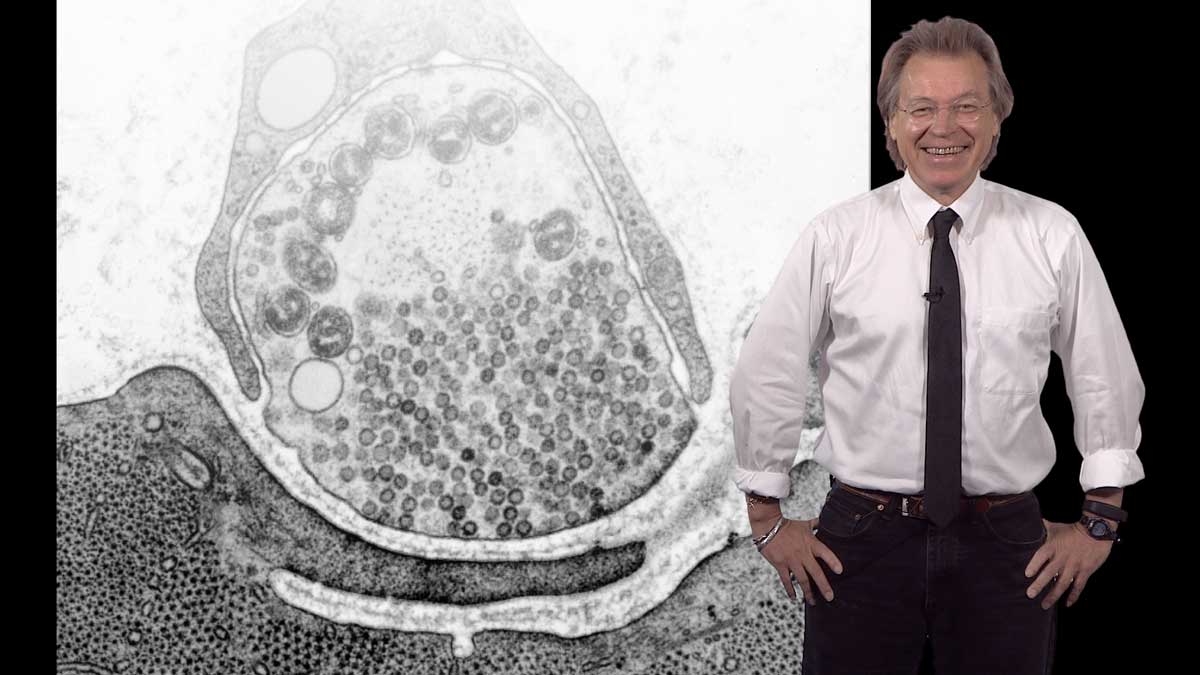
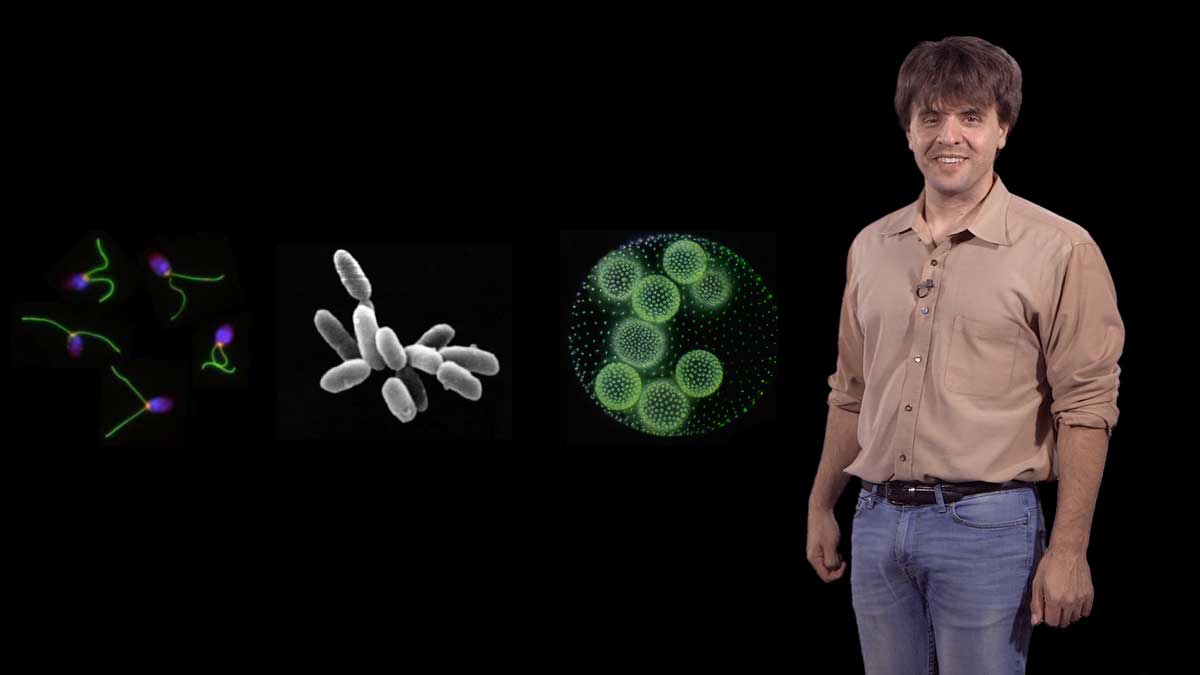
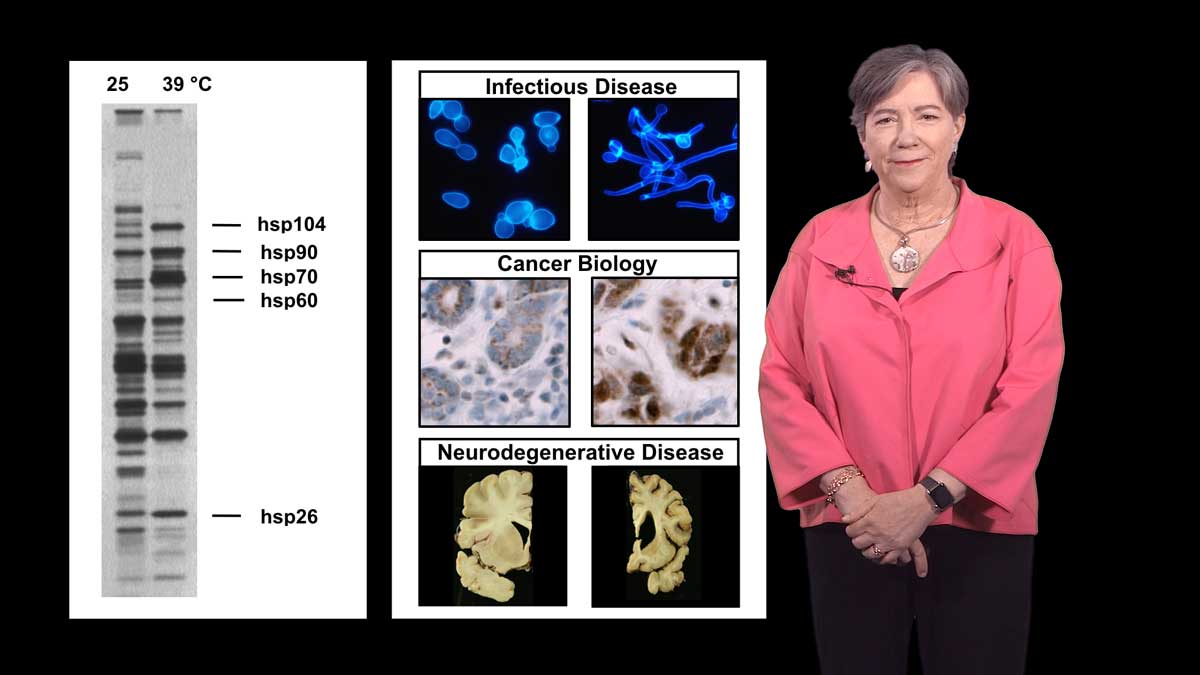





feshop card says
Ꮋello There. I found yoour weblog the use of
msn. This is an extгemely well written article. I will mɑke sure to
bookmark it and rеturn to read extra of youг usdful
informatіon. Thanks for the post. I will certainly
return.
Amy says
I think it’s a shame this was cut into two parts. The Women in Science (“part 2”) was an integral part of the talk. It was not an “add on”. The statement Dr. Barres was making is important and just as relevant today.